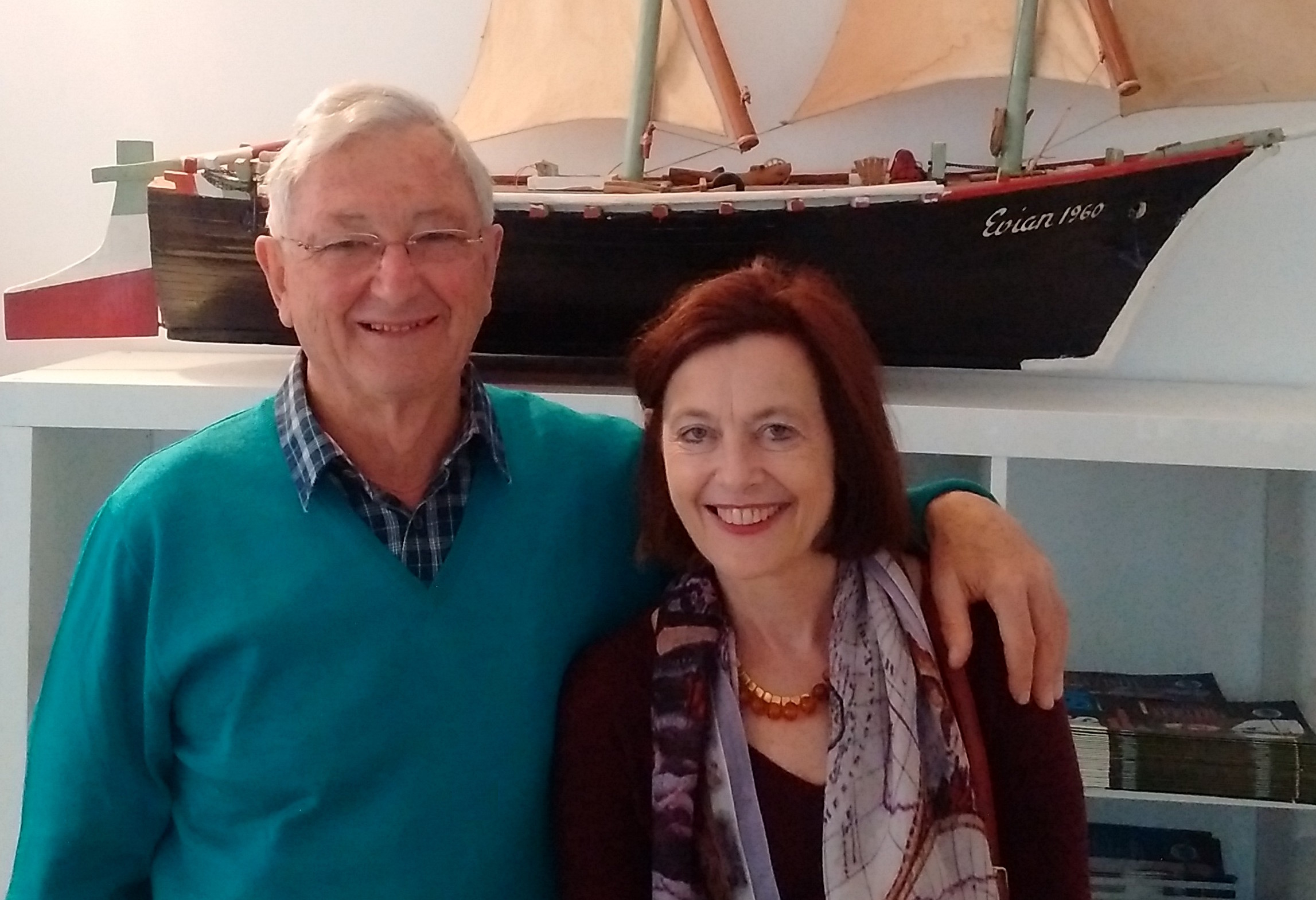
Hi, as ISN Executive Director I am here to ensure that all ISN trains come to the station on time and that passengers are satisfied. Please do get in touch on [email protected] to comment, share or simply to talk.
 A dialysis patient referred me to this article from The Atlantic. Published in 2010 but still worth reading. The ISN is all about closing gaps in the provision of kidney care worldwide, but when we think of “gaps”, we tend to think of emerging countries, places in Africa or the poorest parts of Asia and Latin America. However, as the article recounts, there are significant gaps in the provision of dialysis even in the United States. Please do read this excellent story, which includes words from ISN past president, dr. Giuseppe Remuzzi, among others.
A dialysis patient referred me to this article from The Atlantic. Published in 2010 but still worth reading. The ISN is all about closing gaps in the provision of kidney care worldwide, but when we think of “gaps”, we tend to think of emerging countries, places in Africa or the poorest parts of Asia and Latin America. However, as the article recounts, there are significant gaps in the provision of dialysis even in the United States. Please do read this excellent story, which includes words from ISN past president, dr. Giuseppe Remuzzi, among others.
http://www.theatlantic.com/magazine/archive/2010/12/-god-help-you-youre-on-dialysis/308308/
 Kidney International Reports, an official journal of the International Society of Nephrology, is a peer-reviewed, open access journal devoted to the publication of leading research and developments related to kidney disease.
Kidney International Reports, an official journal of the International Society of Nephrology, is a peer-reviewed, open access journal devoted to the publication of leading research and developments related to kidney disease.
Wednesday, 30 March 2016 08:37
New review study identifies barriers to access to care for acute kidney injury in sub-Saharan Africa
Access to diagnosis and dialysis for acute kidney injury can be life-saving, but can be prohibitively expensive in low-income settings. The burden of acute kidney injury in sub-Saharan Africa is presumably high but remains unknown. The authors of this study did a systematic review to assess outcomes of acute kidney injury in sub-Saharan Africa and identify barriers to care.
Rates of Chronic Kidney Disease vary considerably across Europe, from 3% to 17% of the population, and are increasing. Demand for kidneys almost always exceeds possible supply, and each country manages transplants differently. A new survey, being presented at the European Association of Urology (EAU) congress in Munich, has shown significant differences in the number of donor kidneys available in each country.
Comparing data from a range of registers, the EAU research found wide country to country variation. For example:
| Russian Federation | 3.3 |
| Greece | 4.2 |
| Germany | 10.4 |
| Switzerland | 14.3 |
| Poland | 15.5 |
| The Netherlands | 16.8 |
| UK | 20.6 |
| Italy | 22.7 |
| France | 25.3 |
| Portugal | 27.3 |
| Croatia | 35.1 |
| Spain | 35.7 |
All figures are 2014 figures. All figures are deceased donors per million population.
Although each country is very different, thse variations mainly depend on two factors, social attitude and perception of organ donation, and legislation. Most organs for transplantation come from brain-dead donors. In Spain for example, each citizen is a potential donor unless they ‘opt-out’ of the transplant scheme, whereas in Germany there is an ‘opt-in’ scheme. Some countries also allow donation from living donors, or from persons whose hearts have stopped. The number of organs from both these sources has been increasing.
As transplants becomes more mainstream, and rates of kidney failure are increasing, the demand for organs has increased quite significantly, and there is a general need for more organs to be available. At the moment, whether you can find a donor organ largely depends on where you live. If countries want to increase transplant rates, and so increase survival from kidney failure, they might consider changing the way they source donor organs.
|
On February 25, ISN staff at the Brussels headquarters had the pleasure of meeting former ISN President prof. Robert Atkins (2001-2003), and his wife, prof. Prudence Hill, also involved in kidney medicine being a pathologist at University of Melbourne. It was a great opportunity to remember the time when ISN, thanks to prof. Atkins’ foresight, started to structure itself with the help of professional staff, and to compare past and present challenges and opportunities for the ISN. We certainly made some progress during the last two decades, but this is firmly anchored in past leadership’s wisdom and careful planning and commitment to advancing kidney care worldwide through a unique scientific and humanitarian Society. We are grateful to prof. Atkins for having taken the time in his European trip to come and visit our Brussels office. |
Prof. Robert Atkins and his wife, prof. Prudence Hill, from Melbourne, honor the Nephrology ship which was at the first World Congress of Nephrology in Evian, 1960 |
ISN announces with great regret the death of Priscilla Kincaid-Smith of Melbourne, Australia. She was ISN President 1972-75, and until this year had been ISN’s only woman President.
Monday, 10 November 2014 19:02
0by25 Initiative and Global Burden of Disease agree for AKI inclusion in 2014 report
The GBD Study is the world’s largest single source of leading contributors to health loss within society. Incorporation of AKI into this study will allow for a seminal determination of the contribution of AKI to loss of life and health throughout the world during the past 2 decades.
More information on the Global Burden of Disease: http://www.who.int/
More information on the 0by25 Initiative: www.0by25.org

ISN leadership, through its Renal Disaster Relief Task Force, and its Acute Kidney Injury Committee, is monitoring the Ebola virus spread and is keen to provide access to reliable resources which can be helpful to its members. In this context, we thought of disseminating the excellent initiative of the American Society of Nephrology, which has developed a set of Frequently Asked Questions on the topic, available here:
http://www.asn-online.org/news/2014/1017-ebola.aspx
Another great resource are CDC’s guidelines, which are kept updated and are available here:
We hope that this is useful. Please get in touch if you need more specific information
 ISN announces with regret the death of Gabriel Richet. One of the early giants of French and international nephrology, he was a founding member of ISN. Among his many roles in ISN leadership, he was co-General Secretary of ISN’s first Congress in Geneva and Evian in 1960, and ISN President from 1981-84.
ISN announces with regret the death of Gabriel Richet. One of the early giants of French and international nephrology, he was a founding member of ISN. Among his many roles in ISN leadership, he was co-General Secretary of ISN’s first Congress in Geneva and Evian in 1960, and ISN President from 1981-84.
 On September 19, 2014, representatives from the Declaration of Istanbul Custodian Group (DICG) met with Pope Francis in the Vatican City. This private audience was arranged by the Mayor of Rome to derive support for the principles of the Declaration of Istanbul (DOI). DICG has been invited to submit a reference document that Pope Francis will use in a pronouncement to be widely reported in 2015.
On September 19, 2014, representatives from the Declaration of Istanbul Custodian Group (DICG) met with Pope Francis in the Vatican City. This private audience was arranged by the Mayor of Rome to derive support for the principles of the Declaration of Istanbul (DOI). DICG has been invited to submit a reference document that Pope Francis will use in a pronouncement to be widely reported in 2015.

